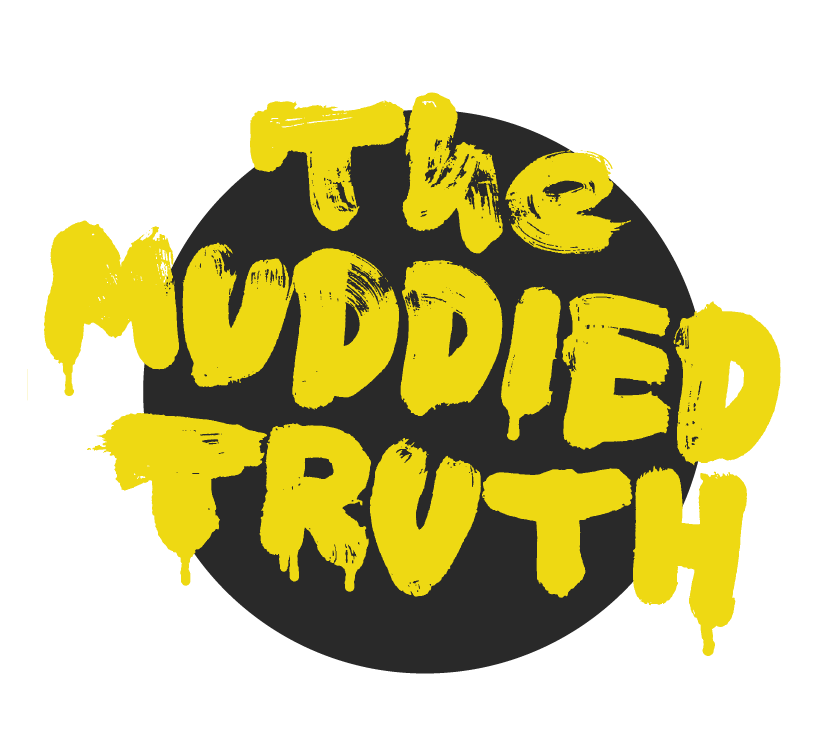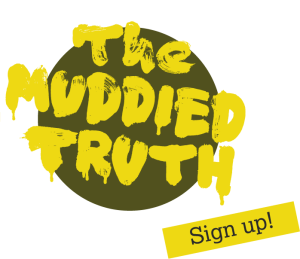The winter weather and the high number of animals crowded into each paddock causes the ground to become extremely muddy, with animals seen standing up to their knees, or even up to their bellies, in sludge. They are provided little to no shelter from rain and snow, and with nowhere clean and dry to lie down, they have no option but to rest, and even give birth, in mud.
In extremely muddy conditions, animals can struggle to move to access food and clean drinking water. These conditions can lead to painful hoof problems, lameness, mastitis, diseases, injuries, and even death.
Mud farming violates the Animal Welfare Act 1999 because it does not meet the physical, health, and behavioural needs of animals.


